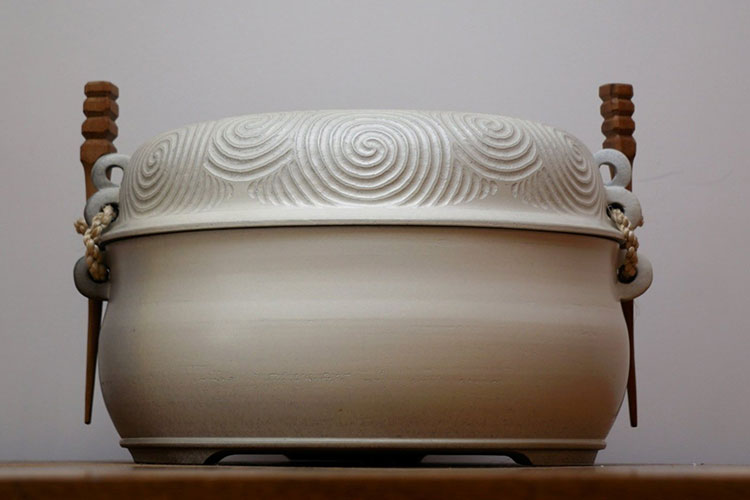In 2009, Akiko Maruno enrolled into her first te reo Māori course when she was appointed as a whānau class teacher at Kaipara College.
Seven years later, the Japanese language teacher is continuing her studies with a Diploma in Te Pīnakitanga ki te Reo Kairangi, through Te Wānanga o Aotearoa.
She never considered continuing to such a level.
"I didn't think I'd progress so far, but as the years went on my classmates encouraged me and every year I'm lucky to have inspiring kaiako," she says.
When she came to TWoA in 2011 she was following her kaiako Honor Ross, who gave her a solid grounding in tikanga marae from Awataha Marae on Auckland's North Shore.
Then she tackled Te Arataki Manu Kōrero with Adrienne Peke in 2012 at TWoA, followed by a Diploma in Te Ara Reo Māori in 2013.
"We built a good foundation using rākau," she says.
"It's hands on which I think is the best way to learn. It's not like using the white board."
Her kaiako throughout her diploma programme, Hohepa Maclean, also took Akiko through her Diploma in Te Aupikitanga ki te Reo Kairangi last year.
Her studies are about more than language, she says.
"It's not only the language I've learned, it's the tikanga as well. I could spend all day doing this," Akiko says about her night classes.
Group work is her favourite learning method, along with noho marae and in her current Pīnakitanga studies with kaiako Mataia Keepa, the focus is on karanga, having completed a module on whaikōrero.
"I consider myself the baby of the class, this is how I feel," she says.
"My classmates are very supportive I just appreciate how they don't criticise me for having a Japanese accent when speaking. I had a hard time pronouncing 'nga', but they helped me in a friendly way."
Next year she's not sure where to go next, possibly to the Waitakere campus to take part in Pīnakitanga again with Te Kurataiaho Kapea.
"I'd like to whakapakari my reo and we are welcome to come back. Also the wānanga has the best library and resources."
Now trained as a primary school educator, Akiko teaches te reo Māori once a week at Three Kings in Auckland is also relief teacher at Taupaki and New Windsor primary schools.
"I've met so many primary school teachers who would like to learn te reo Māori. For my own satisfaction, I want to carry on learning te reo Māori once a week," Akiko says.
"A weekly evening class from March to November at TWoA is manageable and doable and definitely worth it," she says.
"It's a lifetime commitment once you start learning te reo and tikanga Māori."




































